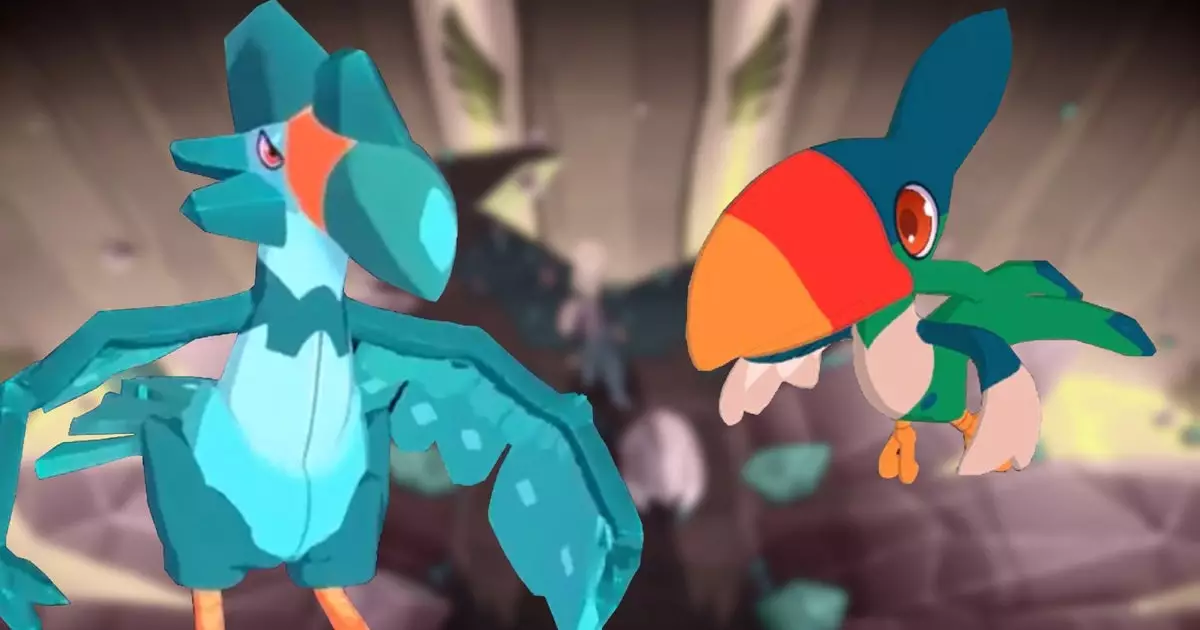The landscape of indie game publishing has recently undergone a significant shift, prompting both concern and hopeful anticipation among developers and gamers alike. In a surprising move that sent shockwaves through the community, Ziff Davis laid off all 36 members of Humble Games back in July, citing “challenging economic times.” This decision not only affected the employees but also raised questions about the future of indie game publishing as a whole. However, in a twist of fate, two former leaders of Humble Games, Alan Patmore and Mark Nash, have now founded Good Games Group—a new indie publishing venture set to continue a legacy while crafting a fresh trajectory.
Good Games Group is strategically poised to maintain many of the partnerships established under the Humble brand. By rejoining forces with Ziff Davis, Patmore articulates a vision on the company’s website that emphasizes continuity in supporting indie developers while simultaneously exploring innovative pathways for their work. This partnership not only reaffirms the commitment to the indie gaming community but also opens the door for previously released titles to gain renewed exposure and potential updates under their new oversight.
The weight of the Humble Games’ abrupt restructuring lingers in the background. The aftermath of the layoffs left many indie developers grappling with uncertainty. Public statements from affected teams, like the developers behind Signalis, echo the sentiment of loss and concern within the community. However, the emergence of the Good Games Group signals that all is not lost. It underscores the resilience of the indie gaming ecosystem, showcasing that a mere restructuring can act as a catalyst for new beginnings.
While GGG aims to rekindle relationships with former collaborators, the shadow of Humble Games’ closure raises important questions regarding the long-term viability of indie publishing. Reports of failed attempts by Ziff Davis to sell Humble Games prior to the layoffs highlight underlying vulnerabilities. This history invites scrutiny: can new models succeed where past structures faltered?
Moreover, the involvement of the Powell Group—an external consultancy engaged to oversee Humble’s remaining projects—adds another layer of complexity. While some projects, such as Carto and Temtem, still feature on the GGG website, the clarity around their management post-reorganization remains murky. The overlapping timelines between these adjustments and the Powell Group’s role in facilitating continuity are imperative to monitor.
Looking Ahead: A Hopeful Future
As Good Games Group embarks on this fresh endeavor, it is met with a community eager for revitalization yet cautious from recent upheavals. The transition faced by Humble Games may serve as a poignant reminder of the volatility within the indie scene. However, the emergence of GGG fosters a sense of optimism.
By retaining relationships with seasoned developers and offering a supportive environment, it is possible to cultivate a thriving indie game landscape that provides innovative experiences for players. As the lines between past and present blur, the resilience demonstrated by both Good Games Group and the indie developers it seeks to support could signal a brighter future for independent gaming—a testament that even in challenging times, new opportunities can arise.

